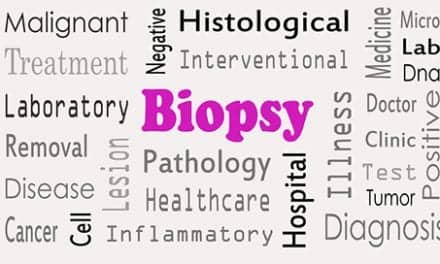New research has confirmed what many clinicians believe – that having surgery to reduce excessively large breast size indeed leads to a new lease of life, and to improved health outcomes.
“The study was conducted to assess how much breast reduction surgery improved the health of women who suffer from the considerable physical and psychosocial symptoms of excessively large breasts or macromastia,” says Flinders University PhD candidate Tamara Crittenden.
“There was no published studies at the time that investigated the outcomes of breast reduction surgery in Australian women.”
The Flinders researchers hope the results will help remove any barriers towards breast reduction surgery, including among medical practitioners.
The BREAST-Q Reduction questionnaire was developed and offered to eligible participants who were in consultation for breast reduction with Flinders Medical Centre plastic and reconstructive surgeons Dr Nicola Dean and Dr Phil Griffin between 2007 and 2016.
The BREAST-Q is a validated patient-reported outcomes instrument which measures four areas of health:
- Satisfaction with breasts
- Psychosocial wellbeing
- Physical wellbeing
- Sexual wellbeing
In all 168 participants completed the preoperative questionnaire and 156 participants completed the postoperative questionnaire.
Ms Crittenden compared the improvement in health-related quality of life responses to findings with normative data to better understand the health burden of macromastia and the outcomes of breast reduction surgery.
“Statistically significant improvements were observed across every area of the BREAST-Q questionnaire following breast reduction surgery,” Ms Crittenden says.
“In comparison to the published normative data, preoperative quality of life for women undergoing breast reduction was significantly lower.
“Postoperatively, patients scored higher than the norm.
“We can conclude from these results that bilateral breast reduction is a highly effective procedure for improving quality of life in women and relieving the health burden of macromastia,” she says.



